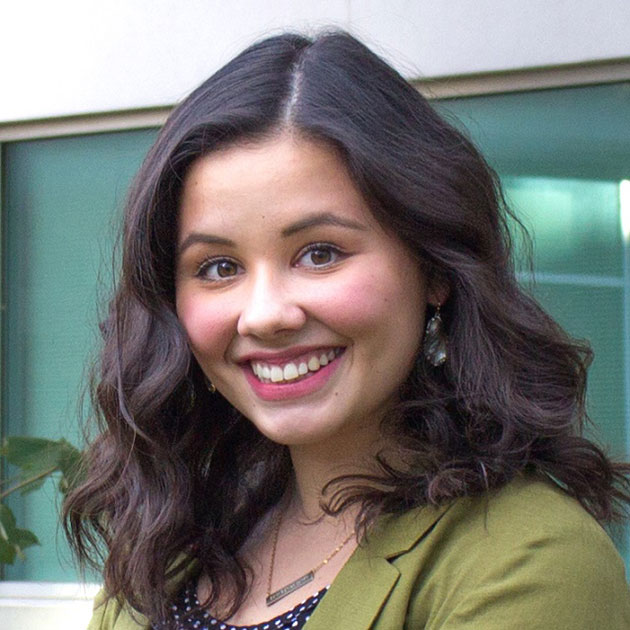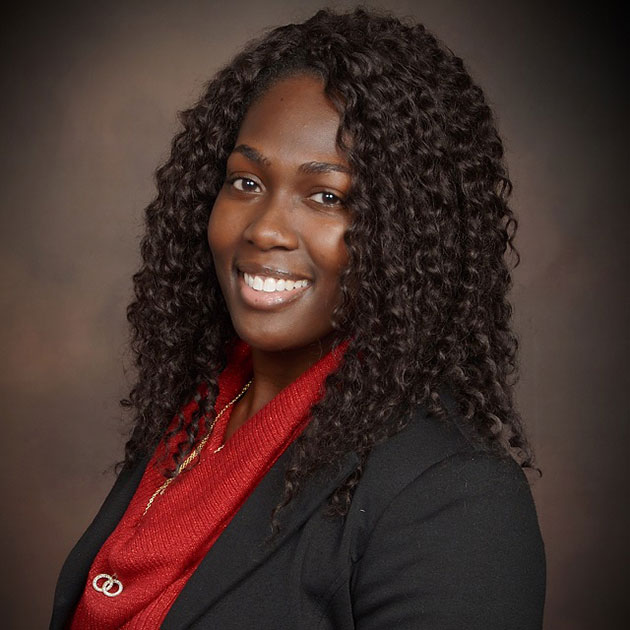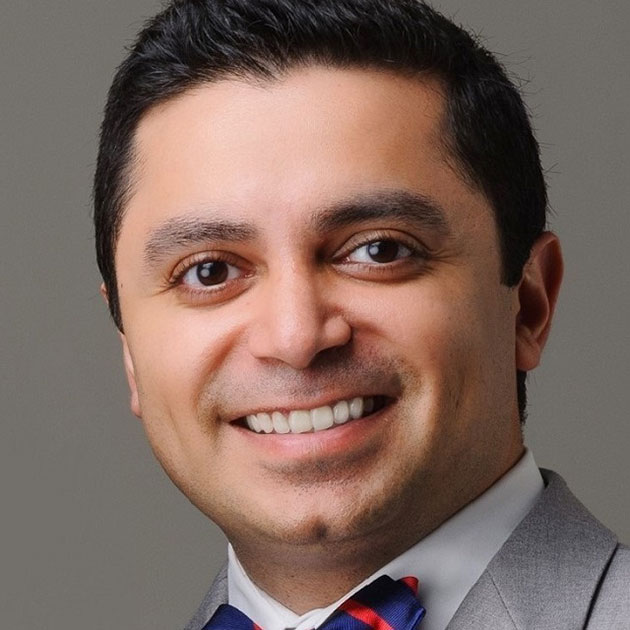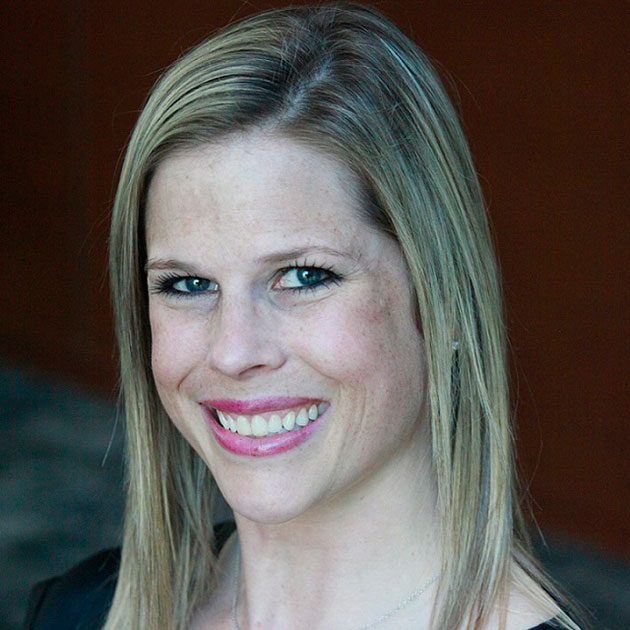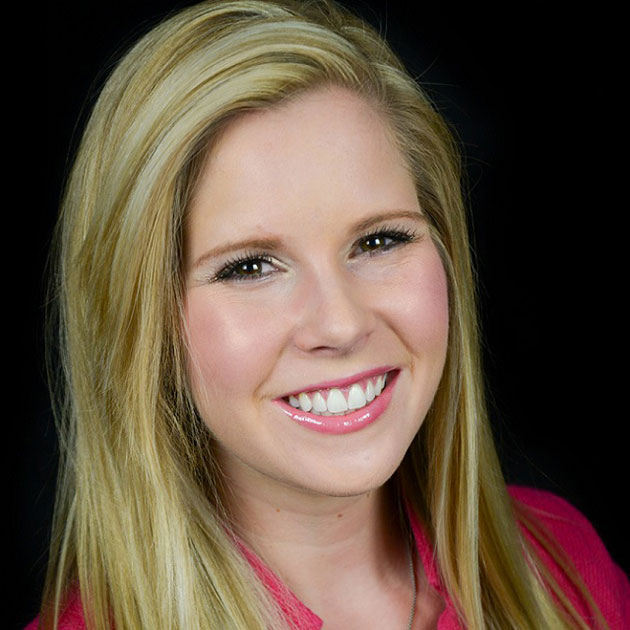
Medical Director, Tricare; Defense Health Agency Headquarters
In his current position in suburban Washington, DC, Egelman oversees medical management, including quality of care, resource utilization and more, for the more than 9 million active duty military members and their families enrolled in TRICARE. He also is responsible for clinical oversight of TRICARE’s $58B contracts with Humana and HealthNet Federal Services. Egelman, who earned his medical degree at University of Rochester School of Medicine and Dentistry, earned his master’s in healthcare management through the Executive Education programs at Jindal School.
How has your Jindal School degree has impacted your career?
The Alliance for Physician Leadership program was transformative for my career. For six years prior to enrollment, I was in physician leadership positions in higher education – running outpatient healthcare facilities. I had the basic instincts for management, but not the comprehensive toolbox needed to address both day-to-day and overarching strategic challenges of managing healthcare organizations. After completing the Jindal School program, I had the tools to manage most all physician executive leadership challenges. This allowed me to successfully become the medical director for the United States Peace Corps (managing an international healthcare system in 72 countries for the U.S. government), start an entrepreneurial healthcare management consulting business, become an associate dean at George Washington University, and now manage one of the largest healthcare/insurance programs in our country.
What unexpected experience or event has shaped and/or influenced your current professional life?
An unanticipated, unpredictable, traumatic healthcare issue has significantly reshaped my professional life. We never know what “speed bumps” will show up on life’s roadways. That is why it is all the more important to have transferable skills that are applicable to many situations and career paths.
What is a professional highlight of your career, either where you currently work or in the past?
Managing the international healthcare system of the Peace Corps was definitely a career highlight to date. Supporting the volunteers, who put their lives on hold to do good and represent our country in the most intimate manner and under trying conditions, was truly an honor. Traveling around the world, speaking to medical colleagues from dozens of countries, assessing international healthcare systems, and learning the importance of (and practicing) international and cross-cultural person-to-person care was an amazing honor.
What characteristics do you look for when hiring people into your workplace?
Many people have excellent skills and knowledge. What distinguishes people is their passion, their honesty and their communication. Do they have that “fire in their belly” for the work? Will they be straightforward and trustworthy? Can they communicate clearly, professionally, convincingly?
Why did you come to UT Dallas?
I am a visual learner – I learn best through active participation, taking notes, speaking with and engaging with others. I chose UT Dallas as the structure of the program fit my working lifestyle and offered all the above. Although I needed to travel cross-country to get to classes at UT Dallas, each and every class (held on the weekends) was interactive, engaging, active and memorable.
Has something about your UT Dallas education surprised you since graduating?
The applicability of what we learned in the Alliance for Physician Leadership has been very surprising. I have worked in several different settings – clinical, managerial, higher education, administrative, consulting — yet in each one, I was able to utilize tools and skills that I learned and developed during the program.
What makes an effective leader?
To be an effective leader, you first and foremost need to know yourself. Introspection, an appreciation for your strengths and weaknesses, humility and the ability to find people you trust who complement your skill set, will allow you to form a cohesive, effective leadership team. Interpersonal communication skills are paramount to success – you must be true to your word or you lose credibility. And, you cannot go it alone. It is your team that will help you succeed. They are your most important customer.

